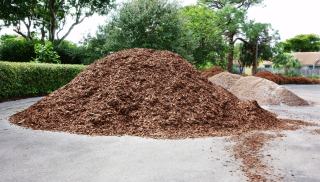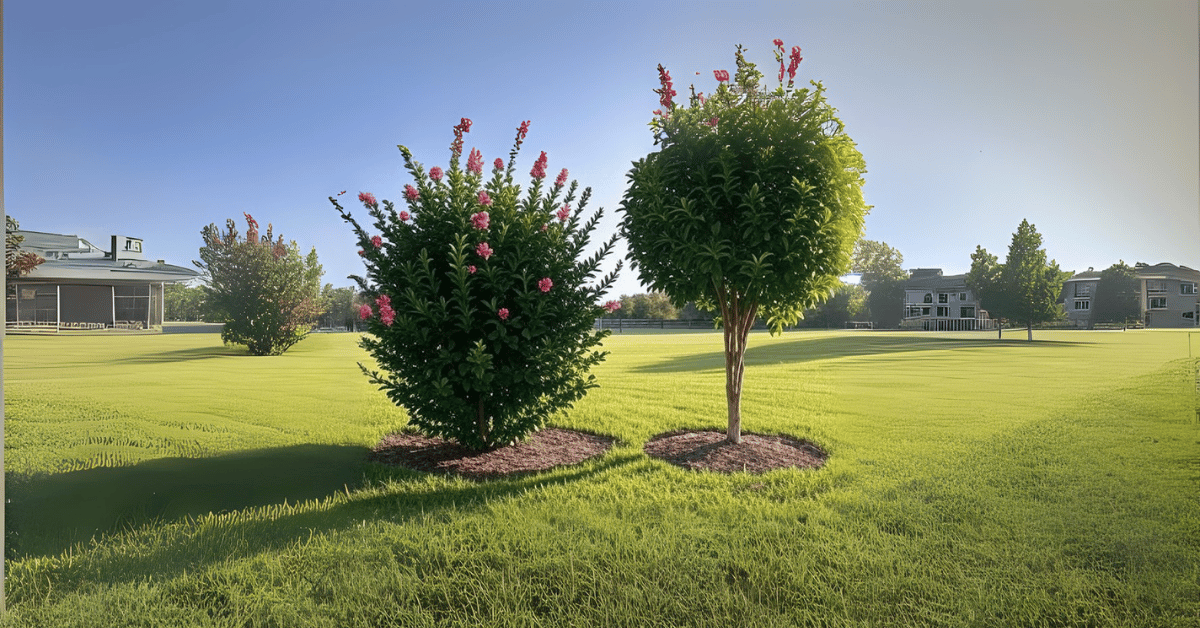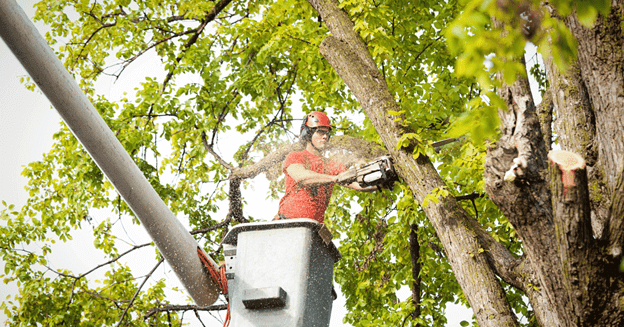Landscaping enthusiasts often face the dilemma of choosing the ideal mulch for their gardens. Among the myriad options available, cedar and cypress mulches stand out as popular choices. In this article, we'll explore the benefits of both, weigh the pros and cons, address the possibility of mixing them, and debunk common concerns about termite attraction.
Benefits of Using Cedar and Cypress Mulches
Cedar Mulch
Cedar mulch, derived from the aromatic wood of cedar trees, offers numerous benefits for your garden:
- Natural Insect Repellent: Cedar contains natural oils and compounds that act as insect repellents. This quality can help protect your plants from harmful pests, creating a healthier environment for your garden.
- Moisture Retention: Cedar mulch has excellent water retention properties, preventing soil from drying out too quickly. This can be especially beneficial during hot summer months, reducing irrigation frequency.
- Weed Suppression: The dense structure of cedar mulch creates a barrier against weed growth. By suppressing weeds, cedar mulch helps maintain a tidy and well-maintained garden.
- Aesthetic Appeal: The natural reddish-brown color of cedar mulch adds an attractive visual element to your landscaping. It complements various plant colors and enhances the overall aesthetic appeal of your garden.
Cypress Mulch
Cypress mulch, derived from the wood of cypress trees, also provides several advantages:
- Durability: Cypress mulch is known for its durability and resistance to decay. It breaks down more slowly than other mulch types, offering long-lasting benefits for your garden.
- Fungicidal Properties: Cypress mulch contains natural compounds that exhibit fungicidal properties. This can help protect your plants from fungal diseases, contributing to the overall health of your garden.
- Aromatic Fragrance: Similar to cedar, cypress mulch releases a pleasant, natural fragrance. This can add a refreshing scent to your garden, creating a more enjoyable outdoor space.
- Soil Aeration: Cypress mulch promotes soil aeration, allowing better circulation of air and water. This is crucial for the root systems of plants, supporting their overall growth and vitality.
Pros & Cons of Cedar Mulch
Pros:
- Insect Repellent: Acts as a natural deterrent against insects.
- Moisture Retention: This helps soil retain moisture, reducing the need for frequent watering.
- Weed Control: Suppresses weed growth, maintaining a neat appearance.
- Aesthetic Appeal: Enhances your garden's visual appeal with its rich color.
Cons:
- Price: Cedar mulch can be more expensive than some other mulch options.
- Decomposition: Breaks down faster than cypress mulch, necessitating more frequent replacement.
Pros & Cons of Cypress Mulch
Pros:
- Durability: Offers long-lasting benefits due to its slow decomposition.
- Fungicidal Properties: Acts as a natural defense against fungal diseases.
- Aromatic: Releases a pleasant fragrance, enhancing the overall ambiance.
- Soil Aeration: Promotes better air and water circulation in the soil.
Cons:
- Acidic pH: Cypress mulch may have a slightly acidic pH, which can affect certain plants.
- Sourcing Concerns: Some environmentalists raise concerns about the sustainability of cypress harvesting.
Can You Mix Cedar and Cypress Mulch?
Yes, you can mix cedar and cypress mulches to enjoy both benefits. Combining these mulches can provide a balanced solution, leveraging cedar's insect-repelling properties and cypress's durability. Ensure thorough mixing for a uniform appearance in your garden.
Do Cedar and Cypress Mulches Attract Termites?
Contrary to a common misconception, cedar and cypress mulches do not attract termites. Both types of mulch contain natural compounds that act as deterrents to termites, making them a safe choice for your garden. Properly installed and maintained mulch beds are not conducive to termite infestation.
Conclusion
Choosing between cedar and cypress mulch depends on your gardening needs and preferences. Strobert Tree Services is here to help you make an informed decision. As leaders in tree care in Delaware, Pennsylvania, Maryland, and New Jersey, we provide expert advice and services to enhance the health and beauty of your landscape. Contact us today to elevate your gardening experience with the right mulch choice!











